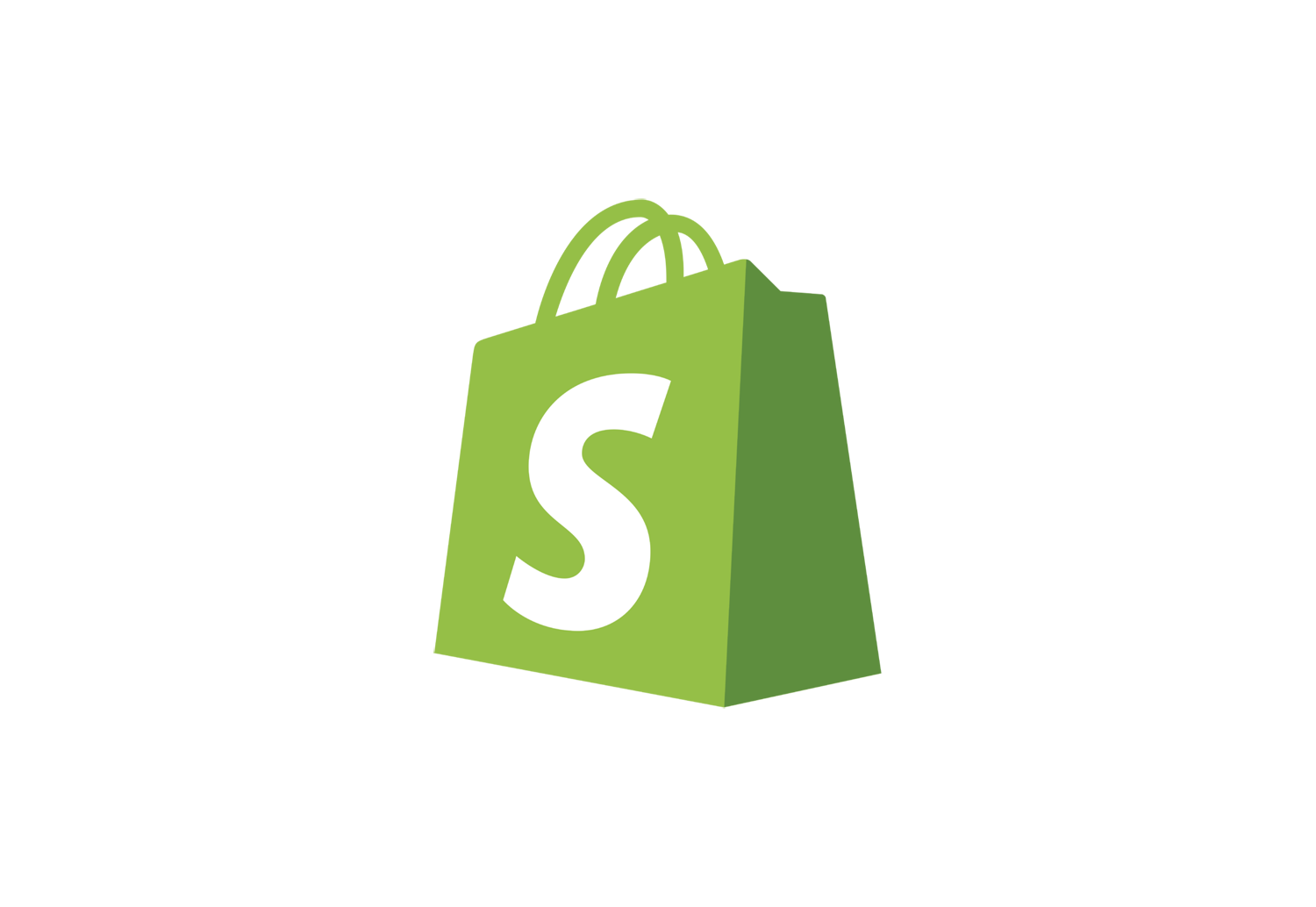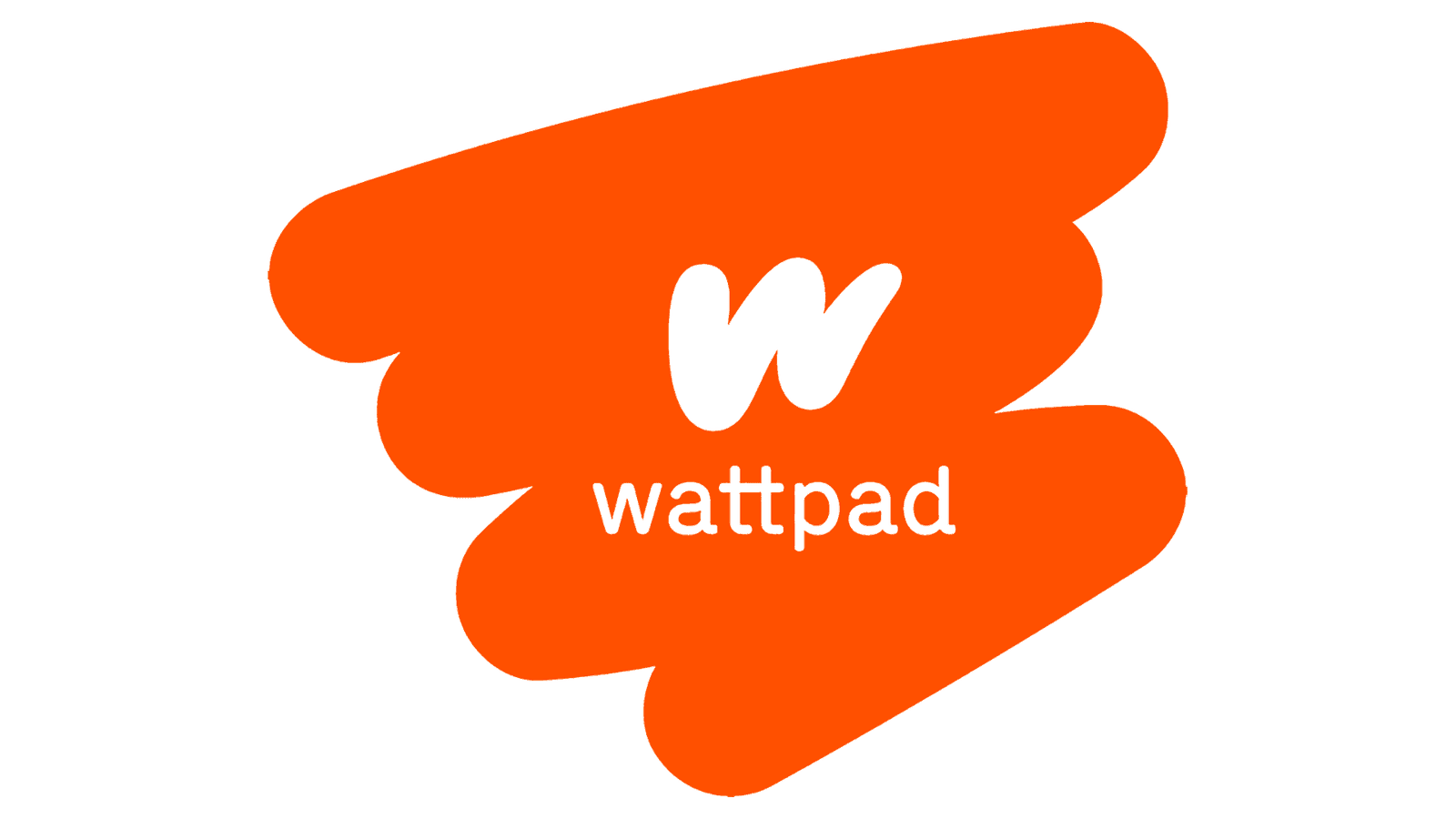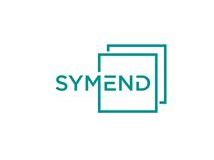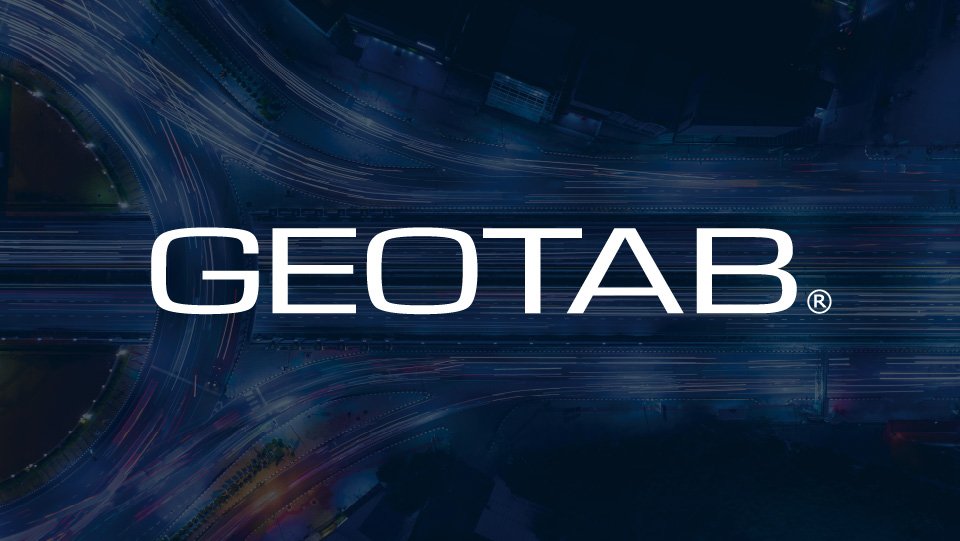Why Canada Is a Launchpad for World‑Class Tech
Ask founders why they chose Canada and you’ll hear the same chorus: speed, support, and serendipity. Thanks to the Global Talent Stream, a venture can recruit world‑class engineers and have their work permits approved in as little as two weeks (canada.ca, canada.ca). Pair that fast‑lane with the SR&ED tax incentive, which refunds 15 % to 35 % of eligible R&D spend—often as cash—even for pre‑revenue companies (canada.ca), and you get a country that literally bankrolls your experiments.The result is a dense lattice of incubators (MaRS, Communitech, CDL), seed funds, and peer networks that treat outsiders like insiders on day one. The five founders below arrived with nothing more than grit and a laptop. Today their platforms power millions of merchants, readers, students, households, fleets, and financial institutions on six continents. Let their journeys light the fuse on yours.

Tobias Lütke — Shopify
German teen Tobi Lütke was a self‑taught coder who rewired video‑game cartridges for fun and dropped out of high school for a programming apprenticeship. In 2002 he followed his Canadian girlfriend to Ottawa, toting a snowboard and a dream (en.wikipedia.org). When the e‑commerce software for his snowboard shop Snowdevil proved terrible, he built his own with Ruby on Rails (npr.org).



Allen Lau — Wattpad
Allen Lau’s family left Hong Kong for Toronto when he was a teenager. Isolated by language, he devoured comic books in the public library and tinkered with ham radios. After boot‑strapping mobile‑software firm Tira Wireless, Lau bet that stories would be the killer app for early smartphones. He and Ivan Yuen launched Wattpad in 2006; for three lean years they carried IKEA meatballs in their backpacks to save cash (canada.ca).Persistence paid off: the platform now serves 90 million monthly readers and has spawned hundreds of book, movie, and Netflix deals. In 2021 Korea’s Naver acquired Wattpad for US $600 million (canadianbusiness.com). Lau’s arc—from lonely newcomer to global publisher—shows how Canada’s multicultural fabric turns personal pain points into planetary audiences.

Martin Basiri — ApplyBoard
Brothers Martin, Meti, and Massi Basiri arrived from Iran with broken English and three scholarship cheques. Filling out paper applications for Waterloo’s engineering faculty took months. In 2015 they coded ApplyBoard, an AI platform that matches international students to schools and automates visas.By 2021 ApplyBoard had raised C$600 million and hit a C$4 billion (US $3.2 billion) valuation (betakit.com). The company has processed applications for 600 000 + students, partners with 1 200 institutions, and employs 1 000 staff across 25 countries (en.wikipedia.org). Basiri still mentors newcomers, reminding them that “your accent is the proof you were brave enough to leave home.”



Hanif Joshaghani — Symend
Born in an Iraqi refugee camp to Iranian parents, Hanif Joshaghani spent childhood nights translating collection calls for his mother after they resettled in Calgary. Vowing to “replace fear with empathy,” he co‑founded Symend in 2016. The platform blends behavioural science and AI to help telcos, banks, and utilities engage at‑risk customers before default.Symend has now treated 30 million + customers and secured US $140 million in funding (symend.com, betakit.com). Instead of scripts that start with “you’re past due,” Symend nudges users with psychology‑based options, driving double‑digit lifts in repayment and retention. Joshaghani’s path from refugee to fintech reformer proves that lived hardship can be a moat, not a handicap.

Neil Cawse — Geotab
South African engineer Neil Cawse sold his first IT firm in Johannesburg, moved his young family to Oakville in 1997, and started soldering GPS units in the basement. Geotab shipped its first telematics “black box” in 2000; he boot‑strapped for a decade before fleets woke up to data. Today Geotab connects 4 million + commercial vehicles across 160 countries, processes 75 billion data points daily, and is on pace for US $970 million revenue in 2024 (geotab.com, thelogic.co). Still proudly private and profitable, Cawse mentors employees to “win slow” and reinvest every dime. His journey shows that Canada cherishes patient builders as much as blitz‑scalers.




